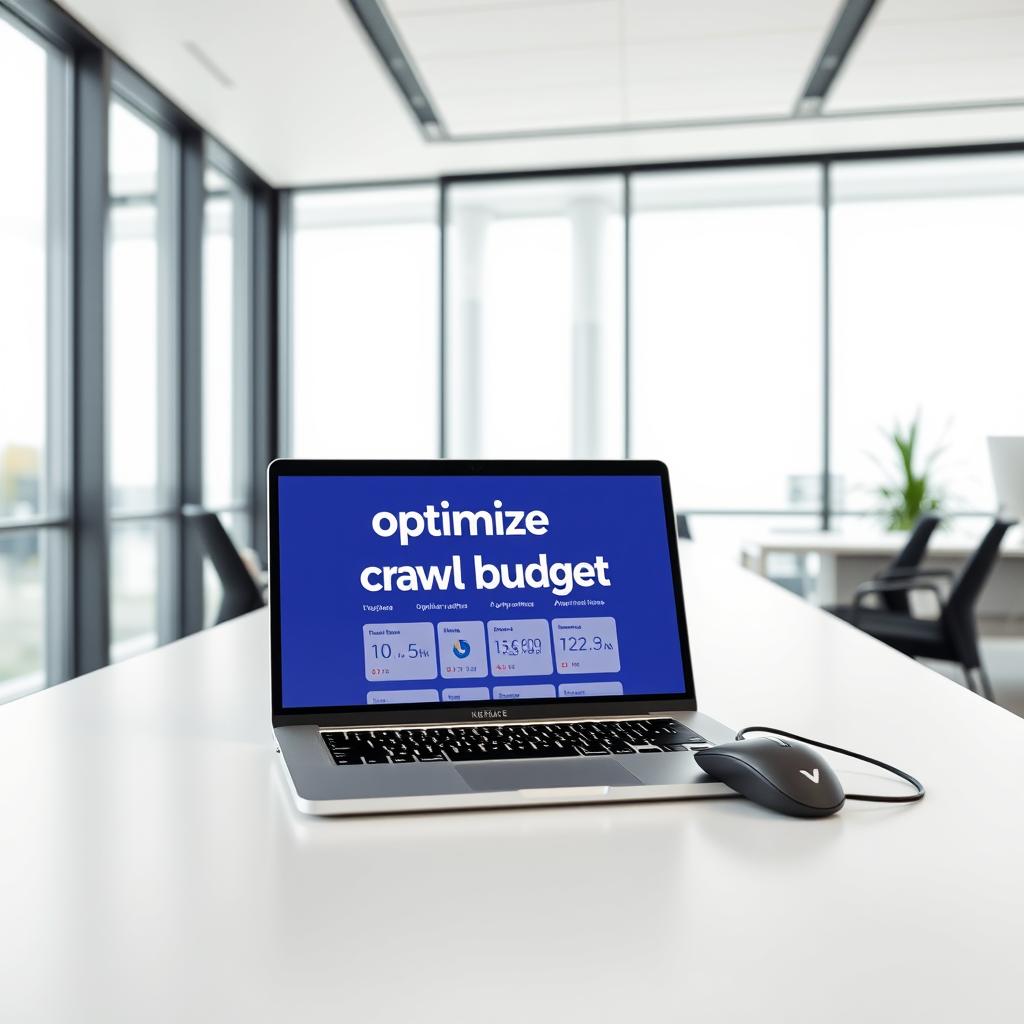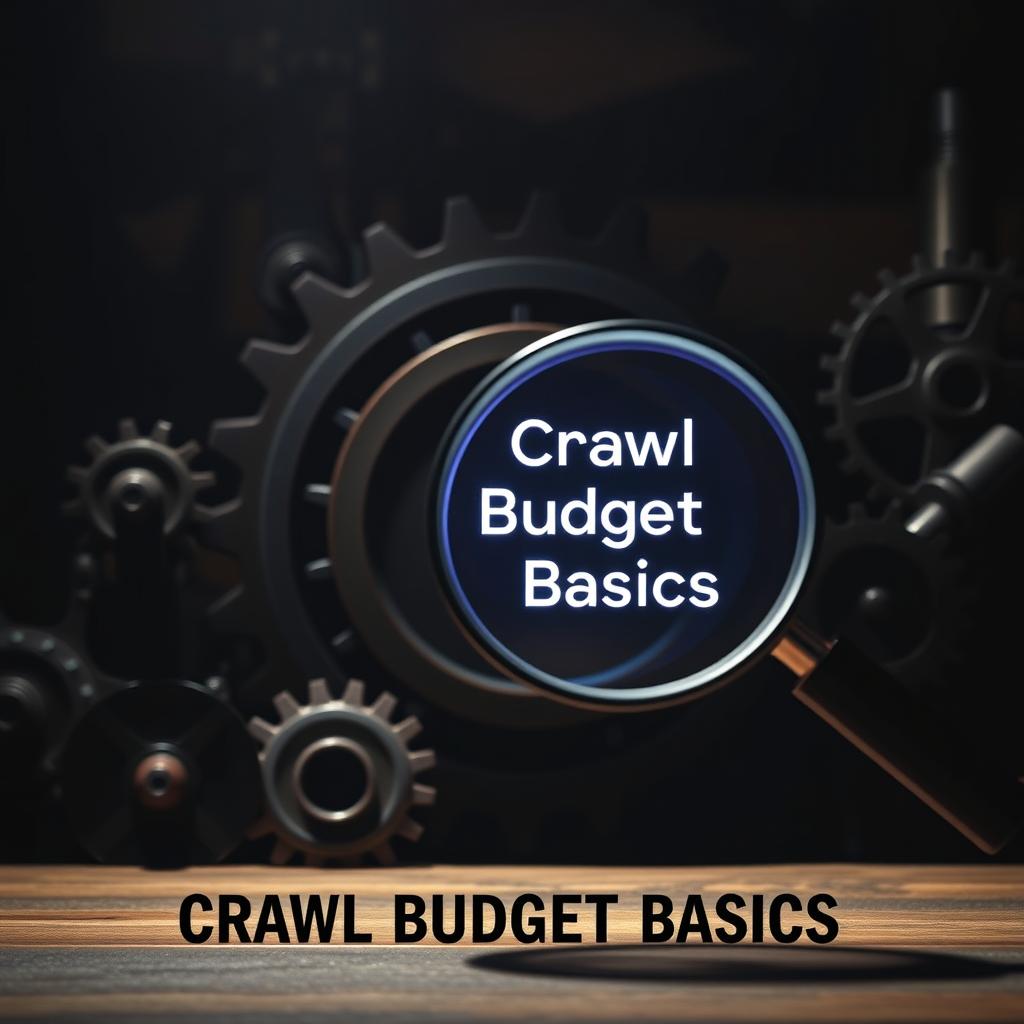It might surprise you to learn that many website pages never show up in search results. This can hinder web crawling efforts, lead to page indexing issues, and cap search engine rankings.
The concept of crawl budget basics explains how Googlebot scans each URL. Gaps often stem from technical errors or overlapping content. Improving site architecture for SEO can reshape Google indexing outcomes and boost search rankings. Call +1 (929) 989-3343 to enhance crawl budget, improve search engine indexing, and optimize crawlability for better website visibility.
Key Takeaways
- Optimize website for google indexing through strategic site architecture
- Improve indexing by addressing duplicate content and minimizing server errors
- Increase crawl budget efficiency to help pages not indexed appear in results
- Boost search ranking with seo optimization and structured internal linking
- Enhance website visibility by managing web crawling and page quality signals
- Improve google indexing through consistent updates and reliable hosting
Understanding the Basics of Crawl Budget
Many site owners are puzzled as to why some pages are invisible to search engines. The concept of crawl budget explains how many URLs bots can explore within a set timeframe. This number is influenced by site performance, reliability, and popularity. Without strategic planning, valuable content may remain unseen.

Large websites with constant updates face the risk of exhausting their crawl budget if not managed. Regular checks in Google Search Console can uncover issues before they lead to indexing problems. For more advice, call +1 (929) 989-3343.
Definition of Crawl Budget
The crawl budget is where a site’s capacity to be crawled meets its actual demand. Reliable web servers allow bots to visit more frequently, aiding in better page indexing. Slow responses or numerous errors, on the other hand, may deter search engines from revisiting, leading them to seek easier content.
Why Crawl Budget Matters for SEO
Optimizing crawl budget is essential to avoid missed opportunities. By refining internal links, sitemaps, and server configurations, visibility can be enhanced. Strategic tweaks increase the chances of pages being indexed, allowing them to reach audiences more swiftly. Such focused efforts keep resources efficient and elevate overall performance.
Crawl budget basics:Why Google isn’t indexing your pages—and what to do about it
Site owners often find missing pages in Google’s index, leading to confusion. This can hinder efforts to enhance page indexation and implement effective google indexing strategies. To address these gaps and boost crawl budget, understanding the underlying causes is essential. A clear website structure is also vital. For specific support, call +1 (929) 989-3343.

Common Reasons for Indexing Gaps
Duplicated content, missing meta tags, or poor redirects can hinder a site’s visibility. Pages with noindex tags or those visited by bots facing server errors often miss Google’s listings. Also, outdated URLs can waste crawl budget. Neglecting to optimize site architecture can prevent crawlers from fully exploring the site.
How Google Allocates Crawl Rate
Search engines assess server performance and content value to determine crawl frequency. Domains with fast load times and high-quality signals are prioritized for deeper scans. This strategy considers link equity, response codes, and user experience. Optimizing website structure and increasing crawl budget can enhance rankings.
| Indexing Issue | Quick Fix |
|---|---|
| Blocked Pages | Check robots.txt and remove restrictions |
| Slow Server | Enhance hosting to boost crawl efficiency |
| Thin Content | Use richer copy to attract more frequent indexing |
Effective Strategies to Help Your Pages Get Indexed
Many site owners aim to boost their website’s indexability and climb the Google search rankings. A key strategy is to optimize crawl budget management. This involves removing outdated pages, ensuring critical scripts are accessible, and applying canonical tags for duplicate content.
To streamline the process, focus on improving xml sitemap and resolving crawl errors. This prevents search engines from squandering resources. Prioritizing high-quality content and checking robots.txt for blocked areas also aids in optimizing site structure. A well-organized site structure maximizes crawl budget and enhances page visibility over time.
A checklist for better results includes:
- Optimize website crawl to support website crawlability
- Consolidate low-value links to expand seo best practices
- Check site speed and remove obstacles for better website indexing tips
- Use real indications from Google’s Page Indexing Report to refine seo indexing strategies
For those seeking more detailed assistance, dial +1 (929) 989-3343. This number offers guidance on managing website crawl budget, strengthening search engine optimization, and boosting search visibility. By tackling all essential steps, site owners can maintain authority, optimize crawl budget, and achieve a stronger online presence.
Conclusion
Keeping a close eye on site crawl optimization is essential for any brand aiming to enhance its Google visibility. Local analytics and log files show how bots interact with each page. Ensuring quality content and stable servers maintains visitor trust.
Identifying and addressing bottlenecks or design flaws can significantly improve a page’s indexation rate. Regular checks in Google Search Console help owners fix crawl issues early. Quick maintenance ensures the site’s performance remains healthy.
Optimizing content quality and server responsiveness enables bots to navigate pages more efficiently. This enhances their scanning capabilities and frequency. Implementing clear internal links and compressing media further boosts site health.
Proactive management of crawl budgets increases the chances of new pages ranking well. This involves monitoring error logs, slow response times, and any blocking scripts. Regular audits help uncover patterns that might hinder indexing.
For more detailed advice, site owners can reach out to +1 (929) 989-3343 to address specific indexing challenges. Focusing on user experience, scanning processes, and mobile performance unifies technical and creative efforts. This synergy enhances brand credibility in search results.
Regularly addressing new errors and making thoughtful page improvements safeguards long-term visibility. Healthy load times, logical site structure, and valuable content create a platform for steady search gains.
FAQ
Why does “crawl budget” matter for a website’s indexing and visibility?
Grasping crawl budget basics is vital. It dictates how often and thoroughly Googlebot can explore a website. Page speed, server performance, and site architecture for SEO all play a role in crawl frequency. By optimizing these areas, site owners can enhance website visibility and climb the search engine rankings.
What are the most common reasons Google isn’t indexing certain pages?
Several factors can hinder indexing, including robots.txt missteps, server glitches, duplicated or sparse content, and slow loading times. These indexing issues affect how Googlebot interacts with a site. Fixing these problems—by refining page quality, correcting errors, or optimizing crawl budget—ensures more pages show up in search results.
How can site owners optimize crawlability for better Google indexing?
Adhering to seo best practices is essential. Streamlining site structure, improving server speed, and boosting internal linking encourage consistent crawling and indexing. Google Search Console metrics monitoring, crawl error checks, and meta directives updates further enhance crawlability.
Why is internal linking critical for crawl budget management?
Internal links facilitate Google’s quick discovery and indexing of key pages, reducing “orphaned” URLs. By establishing logical paths, site owners can enhance crawl efficiency, cut down on duplication, and boost indexing rate. This strategic linking also highlights each page’s importance, refining overall website crawl optimization.
Should low-value or duplicate pages be blocked or removed?
Blocking or removing low-value pages in robots.txt or entirely can conserve crawl budget for more valuable content. Eliminating duplicates and trimming pages that offer little user value improves page indexing. This ensures Google focuses on high-quality, authoritative sections of the site.
Where can site owners get professional help to solve indexing issues or improve crawl budget?
For in-depth indexing troubleshooting or tailored advice on page indexing solutions, site owners can contact +1 (929) 989-3343. This dedicated line offers specialized guidance on overcoming technical hurdles and implementing strategies to boost search engine visibility.






